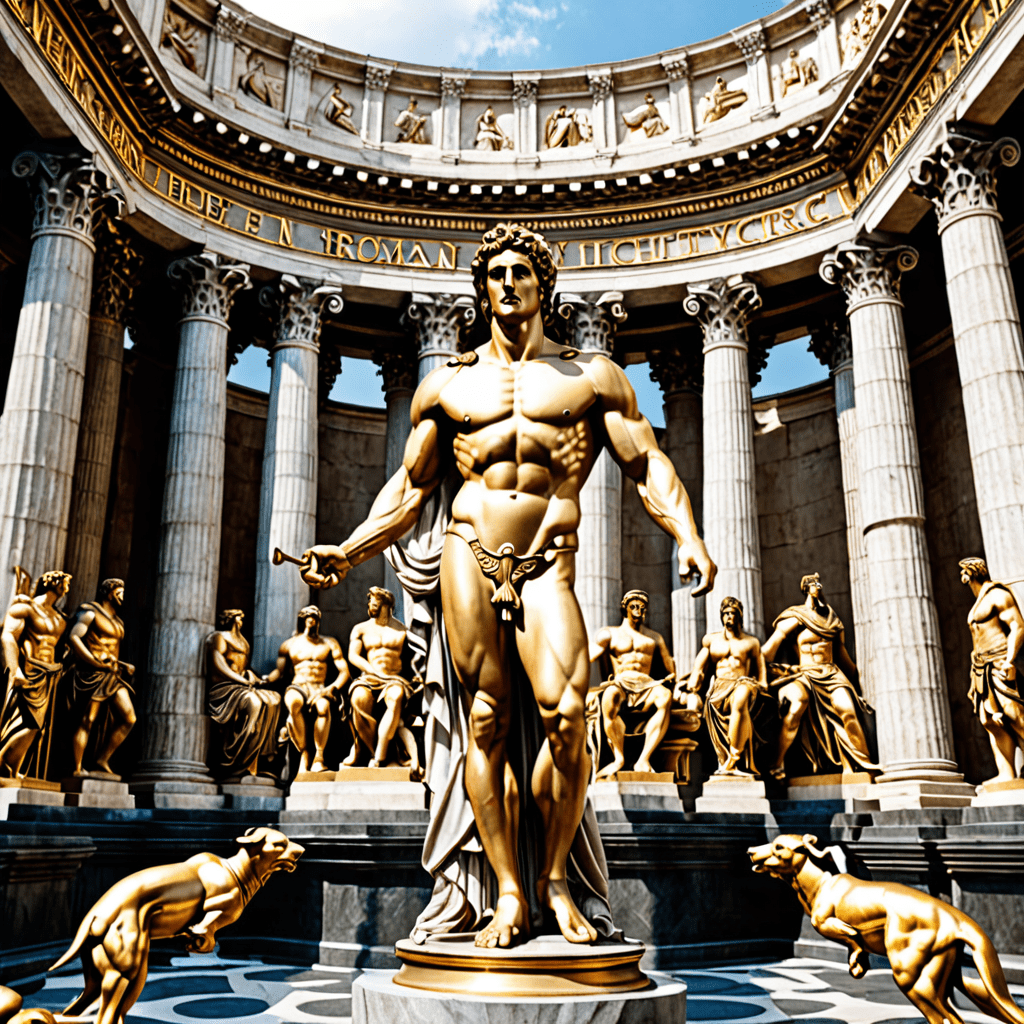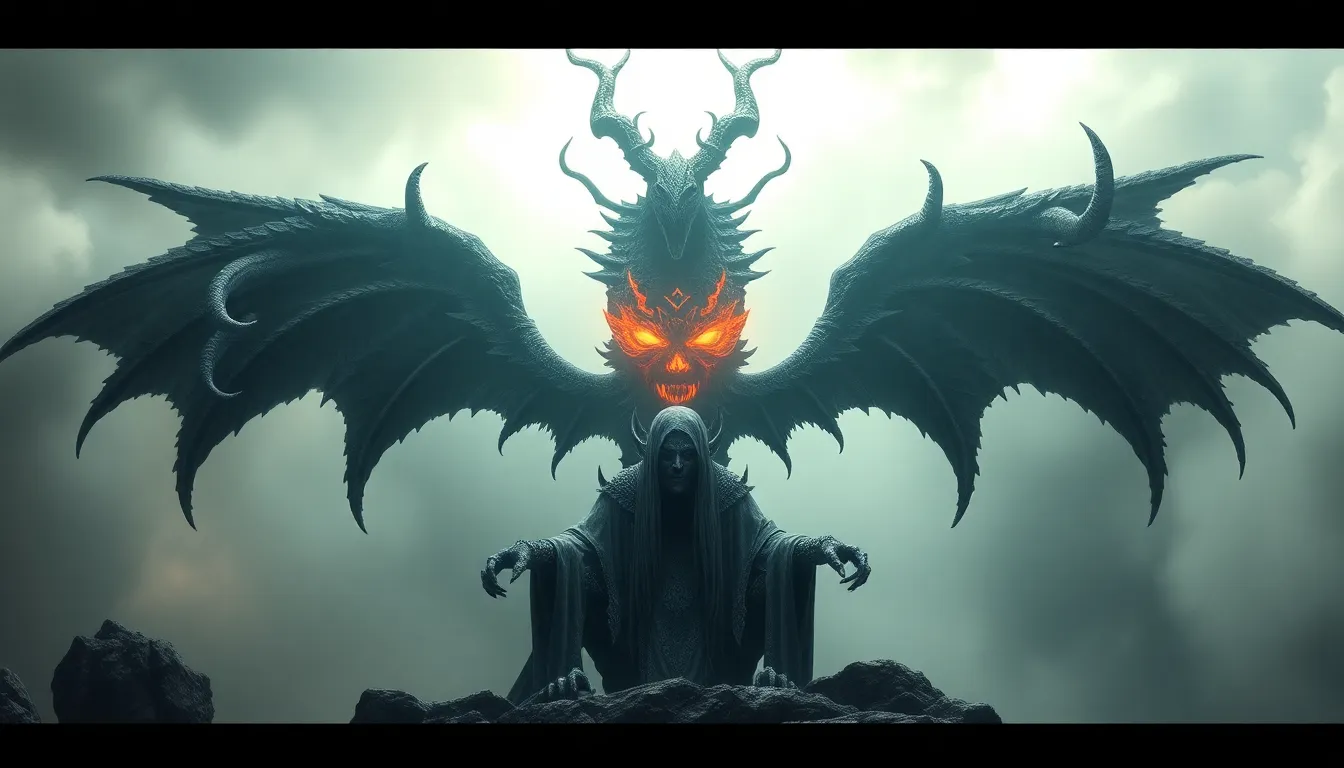Roman Mythology: Gods of Industry and Commerce
The Role of Deities in Roman Commerce
In Roman mythology, commerce and industry were pivotal aspects of society, intertwined with religious beliefs and practices. Several gods and goddesses played essential roles in overseeing these domains, ensuring prosperity, trade, and economic success for the people. Among the prominent deities associated with industry and commerce were Mercury, Saturn, and Fortuna.
Mercury: The God of Financial Gain and Commerce
Mercury, known as the Roman counterpart of the Greek god Hermes, was revered as the divine messenger and patron of merchants, trade, and commerce. He was often depicted with a caduceus, a herald’s staff entwined by snakes, symbolizing commerce and negotiation skills. Followers of Mercury would seek his blessings for successful business dealings, financial gain, and safe travels.
Saturn: The God of Agriculture, Wealth, and Abundance
Saturn was a significant deity in Roman mythology associated with agriculture, wealth, and abundance. As the god of harvests and sowing, Saturn governed the bountiful aspects of nature that sustained livelihoods and facilitated prosperity. Romans honored Saturn with festivals like the Saturnalia, celebrating the harvest, social equality, and the spirit of giving.
Fortuna: The Goddess of Luck, Chance, and Fortune
Fortuna, the goddess of luck and fortune, held a crucial role in Roman beliefs surrounding industry and commerce. Revered for her capricious nature, Fortuna symbolized the unpredictable yet influential forces that could dictate success or failure in business endeavors. Followers honored Fortuna in hopes of securing favorable outcomes, financial luck, and prosperous ventures.
Through the veneration of these gods and goddesses, Romans sought to harness divine favor for their economic pursuits, trades, and enterprises. The intertwining of religion, mythology, and commerce reflected the holistic worldview of ancient Roman society, where spiritual beliefs permeated all aspects of life, including business activities and financial transactions.

FAQs about Roman Mythology: Gods of Industry and Commerce
Who are the main gods associated with industry and commerce in Roman mythology?
The primary gods linked to industry and commerce in Roman mythology are Vulcan and Mercury. Vulcan, the god of fire and craftsmanship, oversees activities related to industry, metalworking, and craftsmanship. Mercury, the messenger of the gods, is associated with commerce, trade, and financial gain.
What attributes do Vulcan and Mercury possess in Roman mythology?
Vulcan is known for his exceptional skills in metalworking, forging, and creating intricate items. He is often depicted as a skilled and hardworking craftsman with a fiery forge. On the other hand, Mercury is characterized by his swiftness, eloquence, and role as a guide. He is also considered a protector of merchants and travelers.
How were Vulcan and Mercury worshipped in ancient Rome?
In ancient Rome, Vulcan had a significant temple near the Circus Maximus, where festivals and ceremonies in honor of his craftsmanship and industrious nature took place. Mercury had a temple on the Aventine Hill, and his worship was closely tied to commerce, trade, and financial success. Offerings and prayers were made to these gods to seek their blessings in respective domains.



